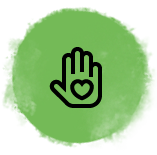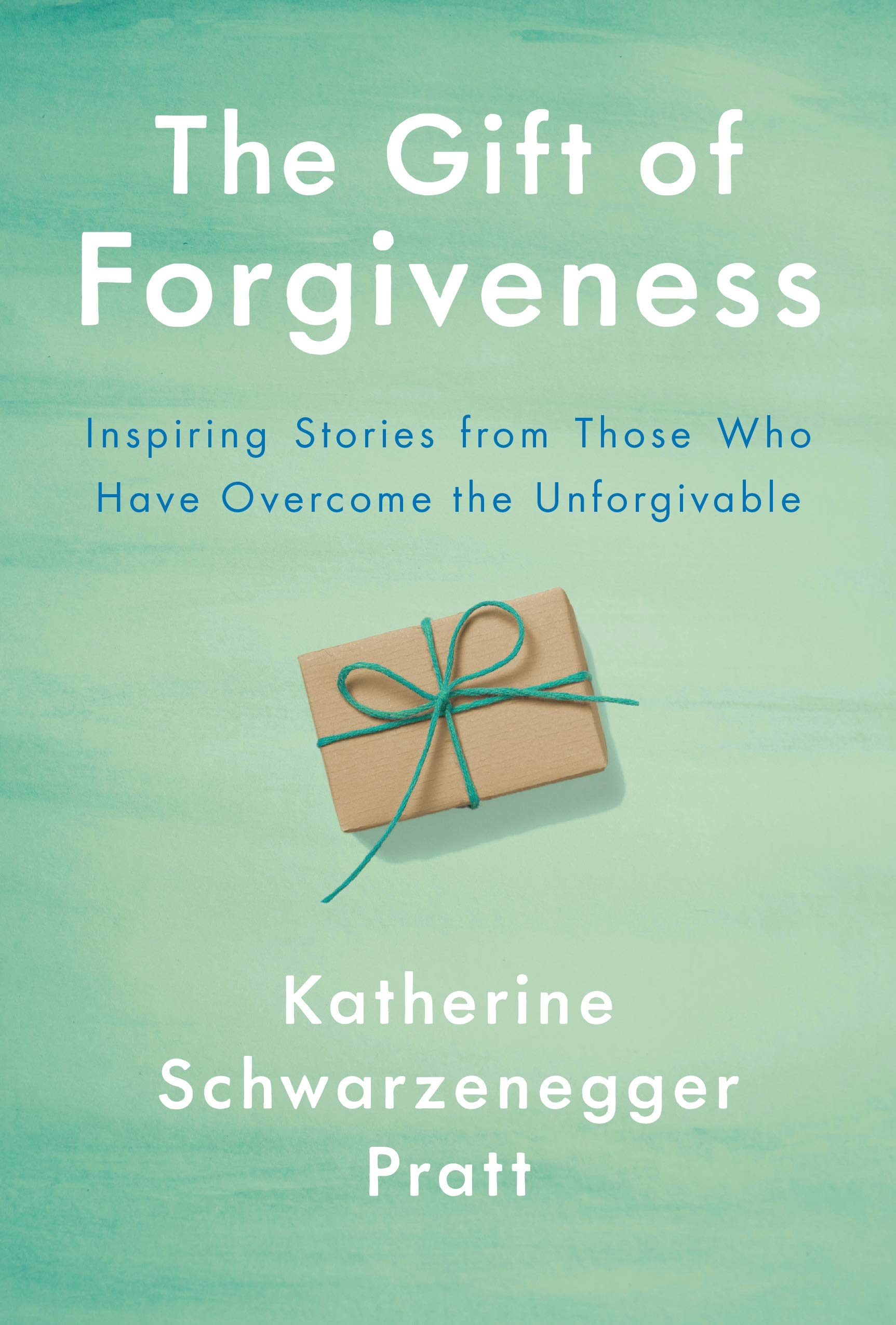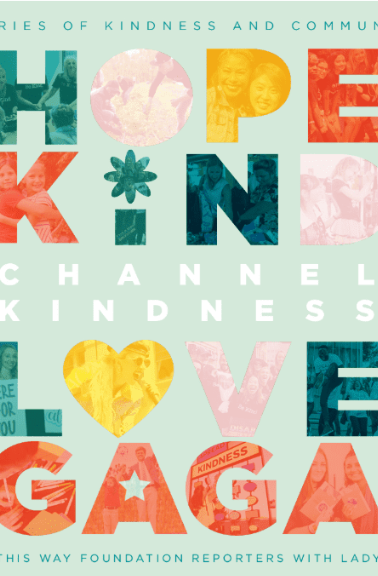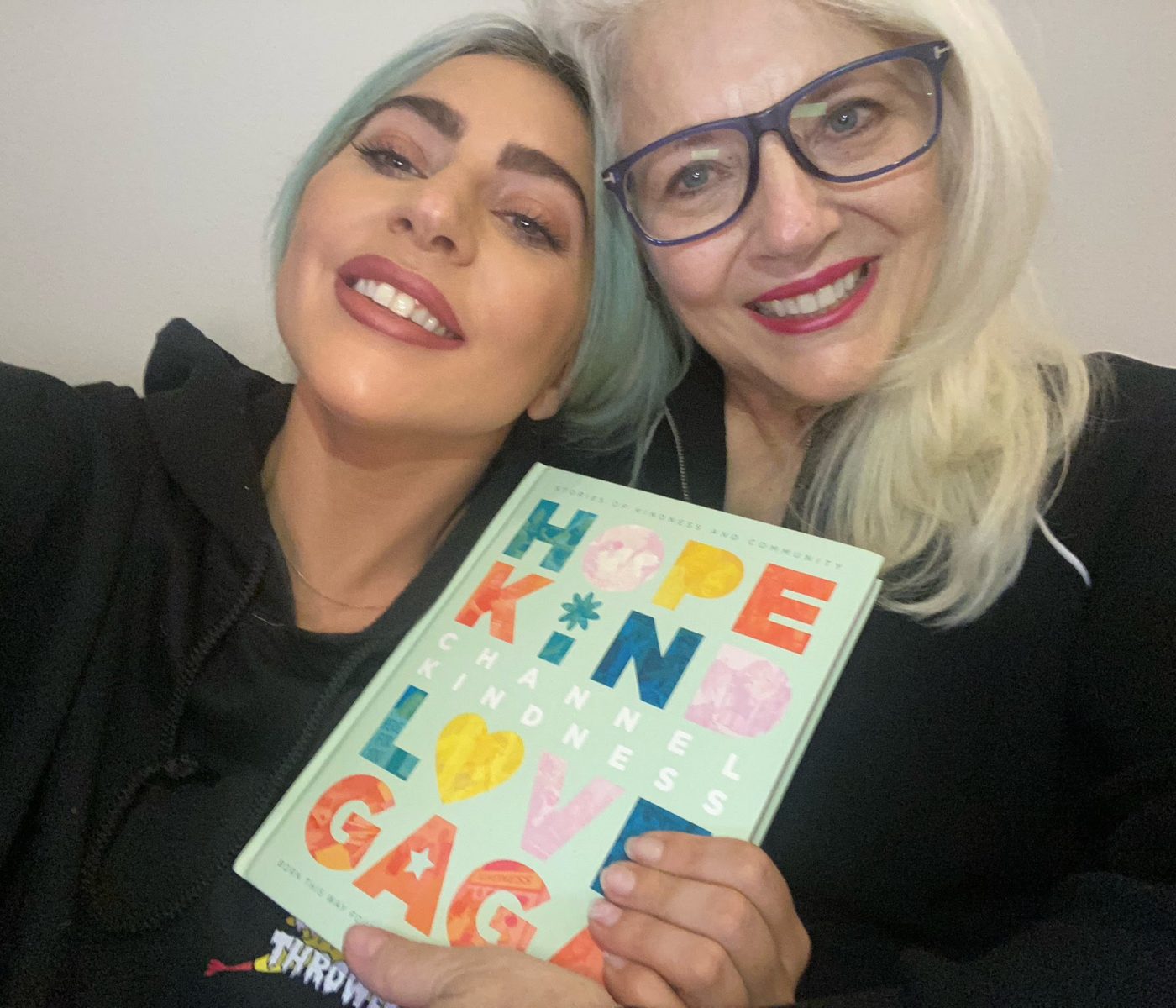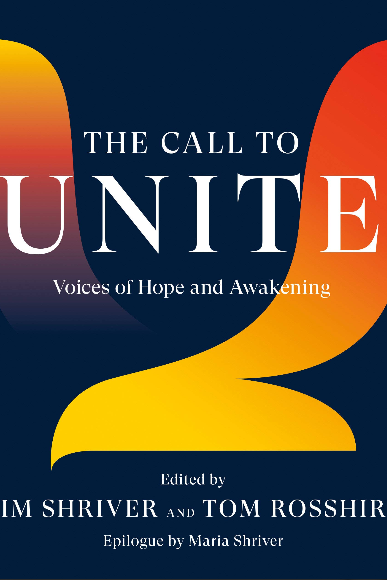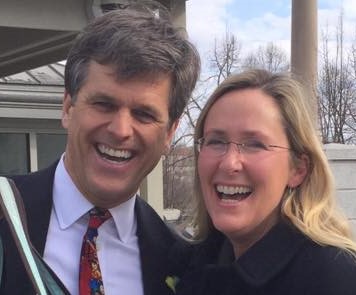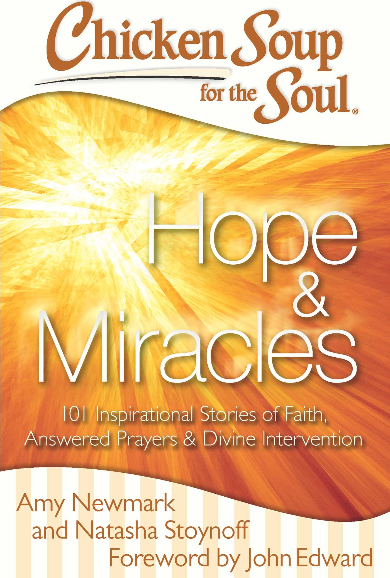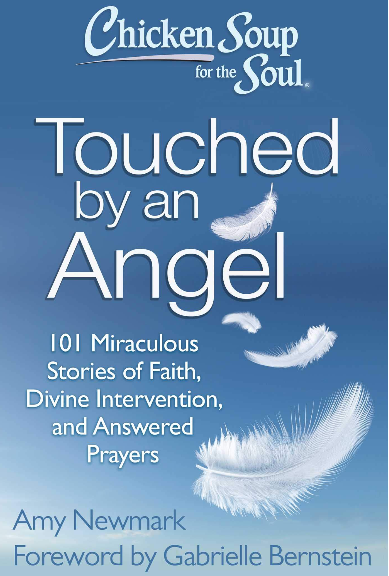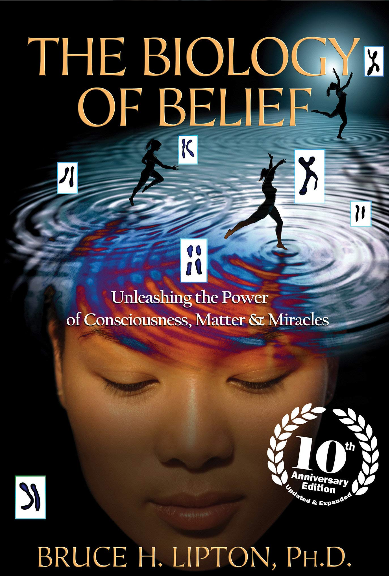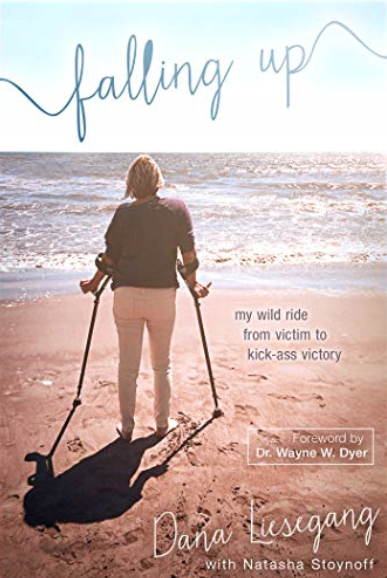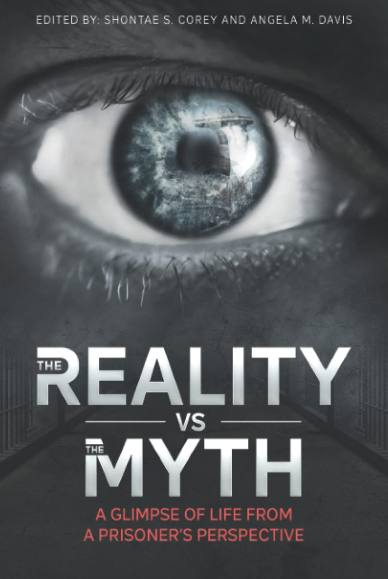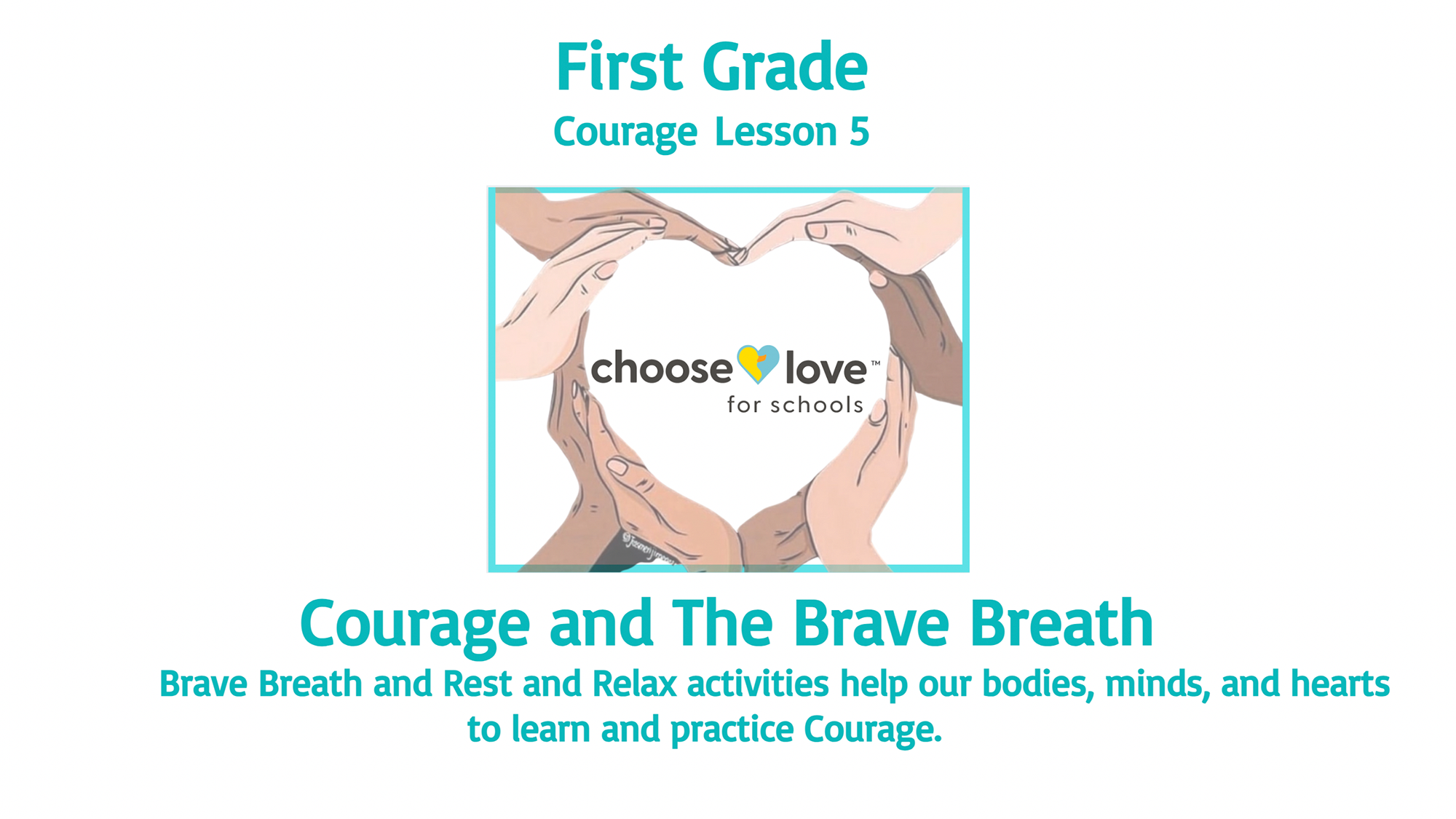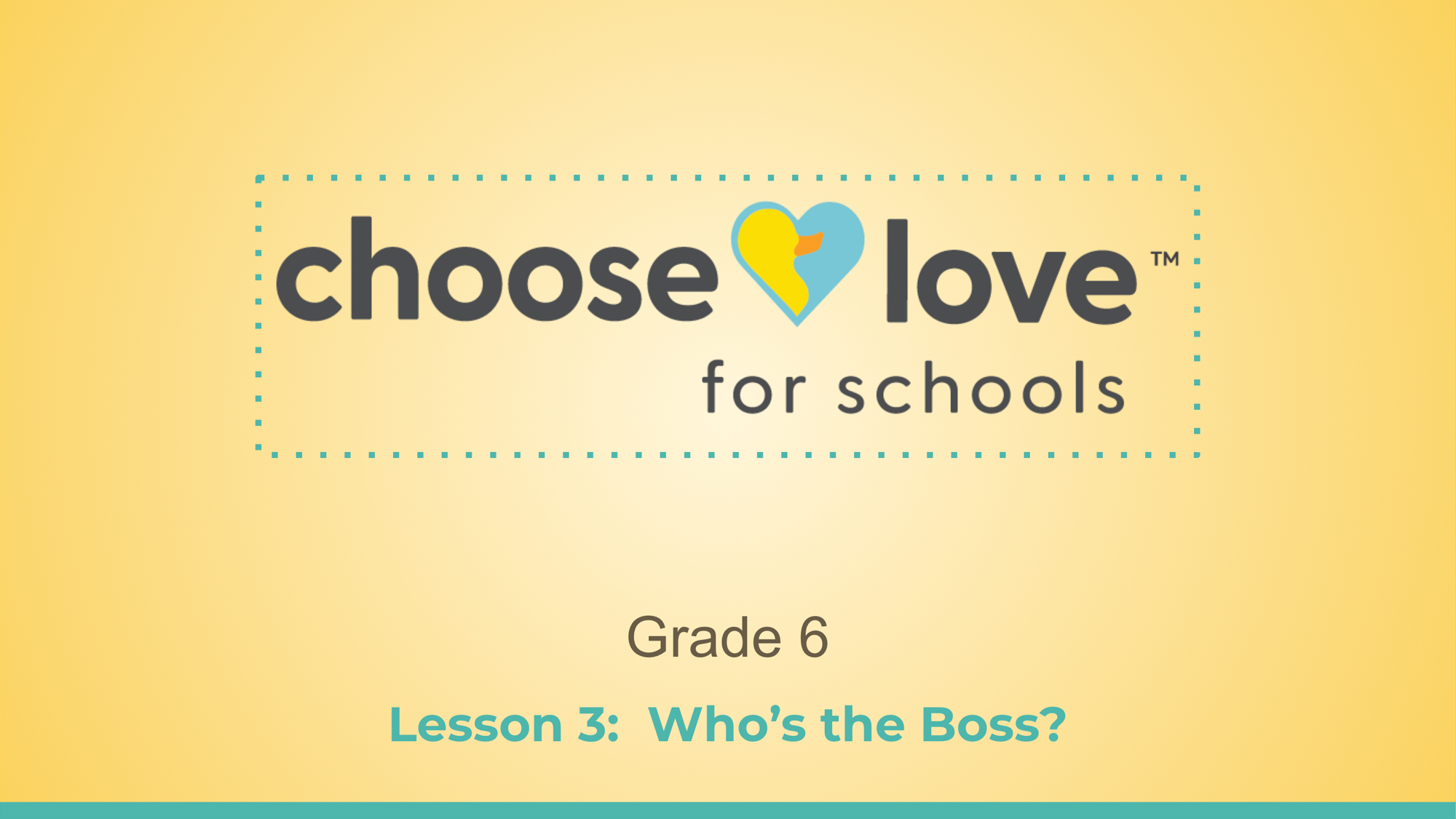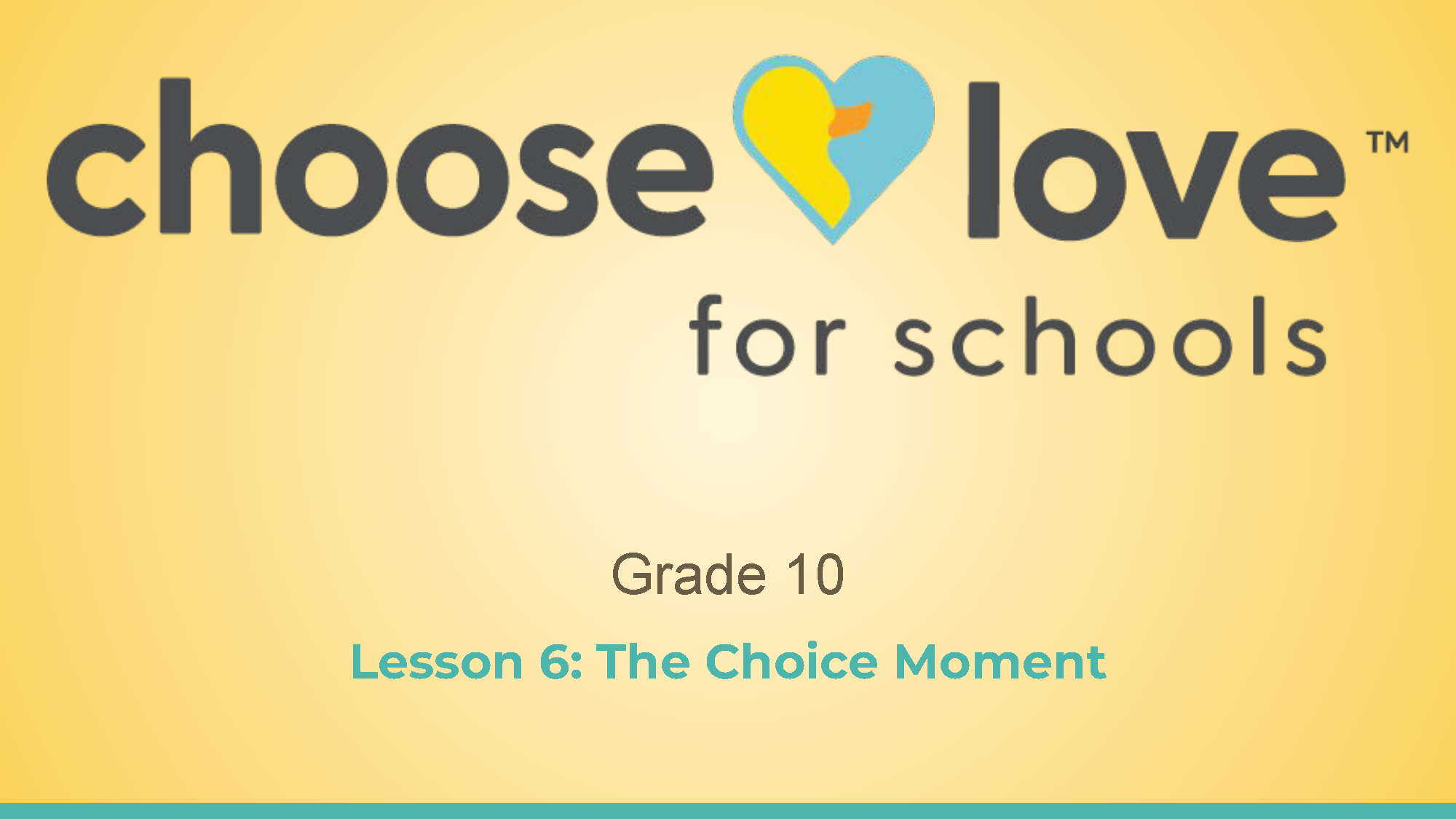We Moved!

Hey there, Choose Love Advocates!
Exciting news! We’ve officially migrated our website to its new home here at www.chooselovemovement.org as of October 2023!
We had kept the old site running for a bit to ensure a smooth transition. Guess what? The time has now come to bid farewell to legacy.chooselovemovement.org. It’s served us well, but it’s time to embrace the future!
If you’re still using your old log-in from before October, it’s time for an upgrade! Don’t worry, it’s still free, and we’ve made it super easy for you to create a new account, here at: Create New Account
If you already have a login to the new curriculum location, head over to Curriculum Sign In and continue your journey!
WHILE YOU ARE HERE… Check out how to become a Choose Love Member.
New to the Choose Love Movement? Welcome aboard! Get started by registering here: Create New Account and join the love-filled adventure!


